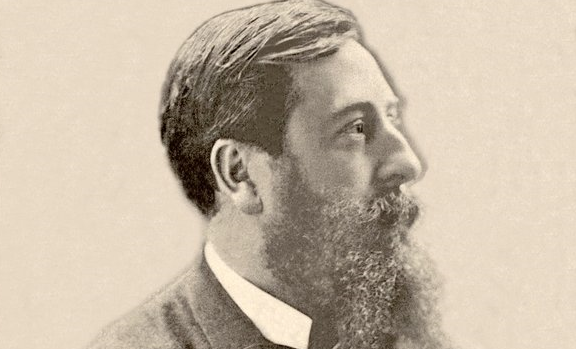Léo Delibes (1836–1891) is a composer who, despite being somewhat overshadowed by his contemporaries, left an indelible mark on the world of ballet and opera. His music, rich in melody and character, has enchanted audiences for over a century. Here are five interesting facts about this remarkable composer that you might not know:
1. He Elevated Ballet Music to New Heights
Before Delibes, ballet music often took a backseat to the dancing, serving more as an accompaniment. Delibes changed that with his groundbreaking scores for the ballets Coppélia (1870) and Sylvia (1876). He infused his music with so much character and expressiveness that it stood out on its own. In fact, Coppélia is widely regarded as the first ballet score that was as important as the choreography itself, elevating ballet music into an art form in its own right.
2. His Work Inspired Tchaikovsky
You might not think of Léo Delibes and Pyotr Ilyich Tchaikovsky in the same breath, but Tchaikovsky himself admired Delibes’ ballet music deeply. In fact, after hearing Sylvia, Tchaikovsky said, “Had I known that music, I would not have written Swan Lake.” This is a testament to the impact Delibes had on the world of ballet, influencing even the greatest composers.
3. He Was a Pioneering Opera Composer, Too
While Delibes is best known for his ballets, he also composed operas that showcased his flair for orchestration and melody. His opera Lakmé (1883) contains the famous “Flower Duet,” a piece that has become one of the most recognizable works in classical music, often used in films and advertisements. Lakmé reflects Delibes’ ability to blend exotic themes with European operatic traditions, making it one of the staples of the French opera repertoire.
4. He Began as an Organist
Like many composers of his time, Delibes started his musical journey as an organist. He played at various churches in Paris while studying at the prestigious Paris Conservatoire. This early exposure to religious music influenced his later works, as you can sometimes hear the grand, sweeping lines typical of church music in his compositions for the stage.
5. He Worked as a Choir Accompanist at the Paris Opera
Early in his career, Delibes worked as an accompanist for the Paris Opera choir. This job not only helped him refine his understanding of opera and vocal music, but it also allowed him to meet influential figures in the world of French music and theatre. His exposure to opera production from the inside out no doubt influenced his later success as an opera composer, particularly with Lakmé.
Conclusion
Léo Delibes may not be the most famous name in classical music, but his contributions are lasting. From revolutionizing ballet music to creating unforgettable operatic works, his legacy is one of innovation, beauty, and charm. Whether you’re a fan of ballet or opera, Delibes’ work offers something for every classical music lover to enjoy. If you haven’t yet explored his music, there’s no better time to dive into the rich world he created.


Comments are closed